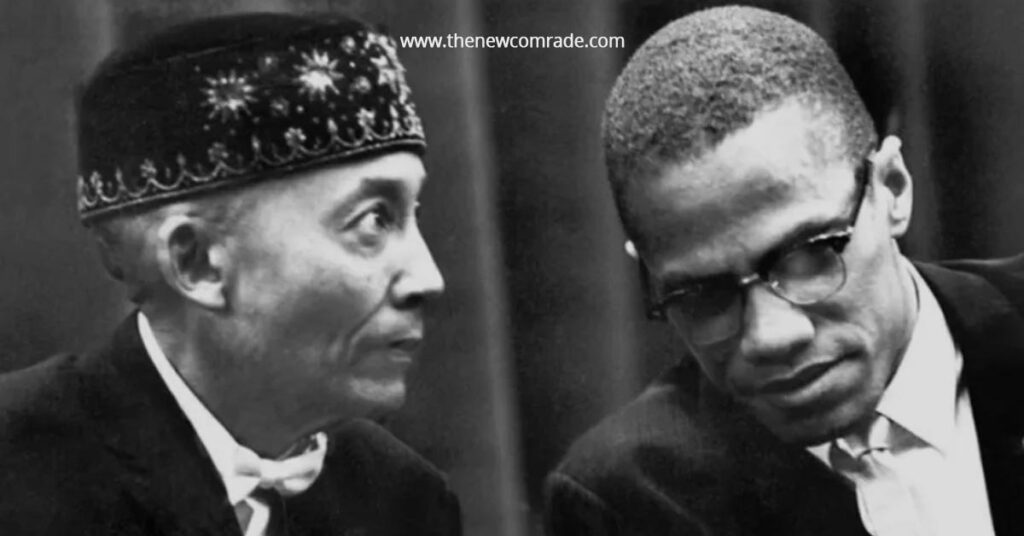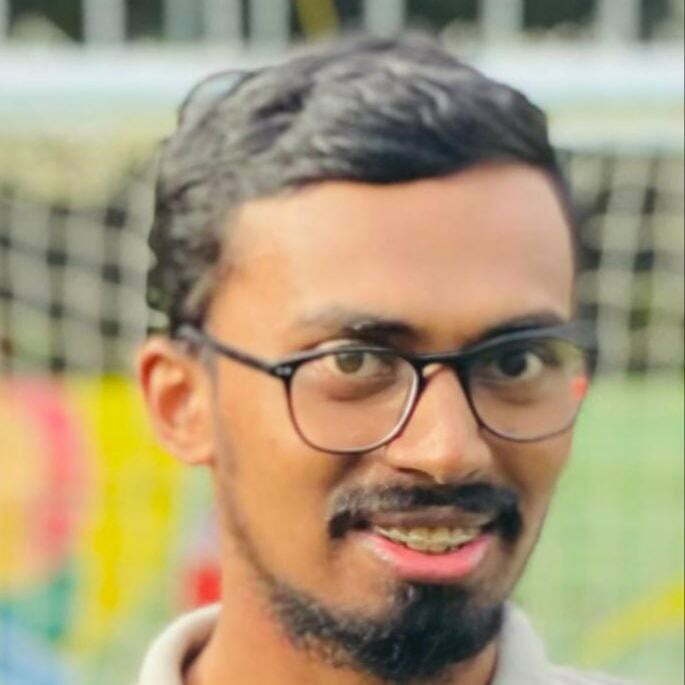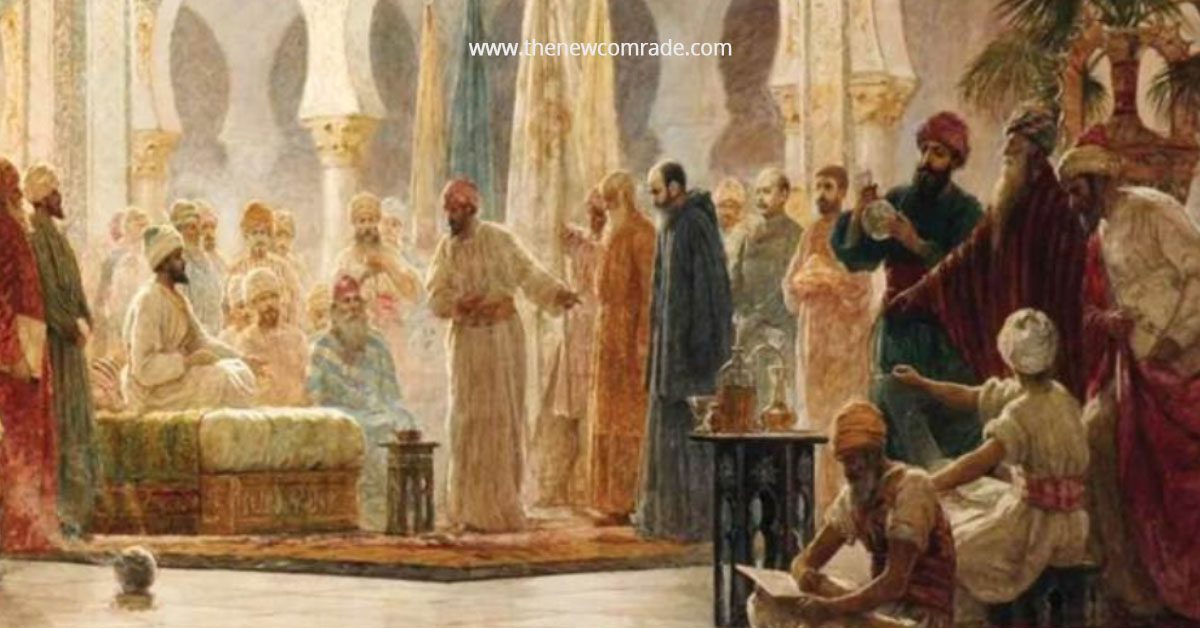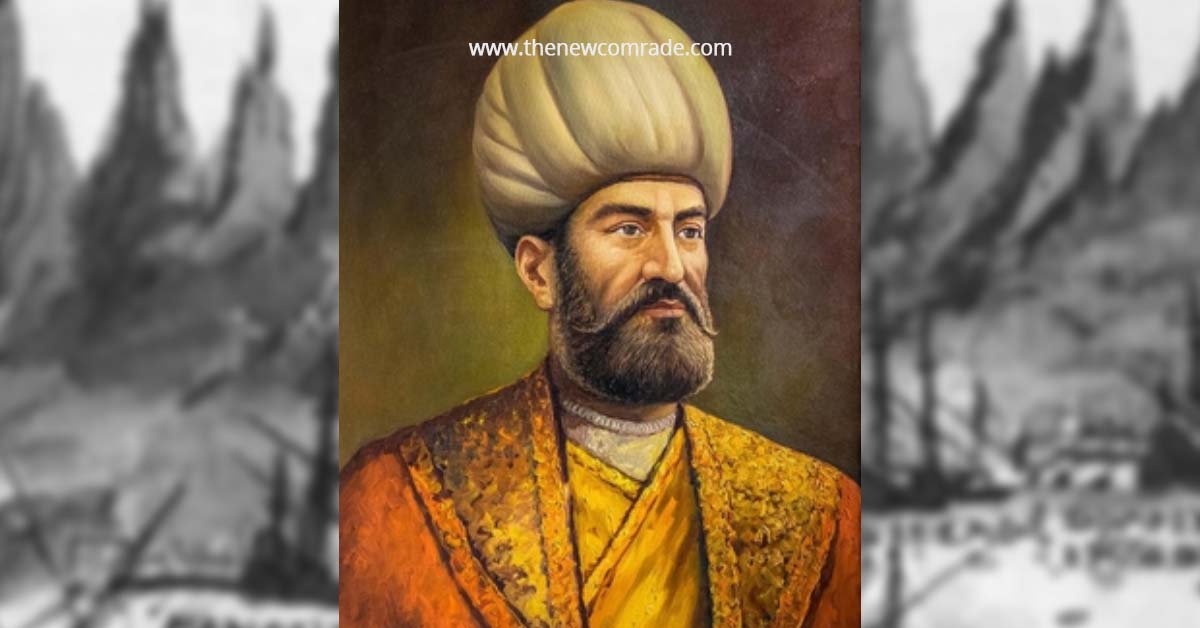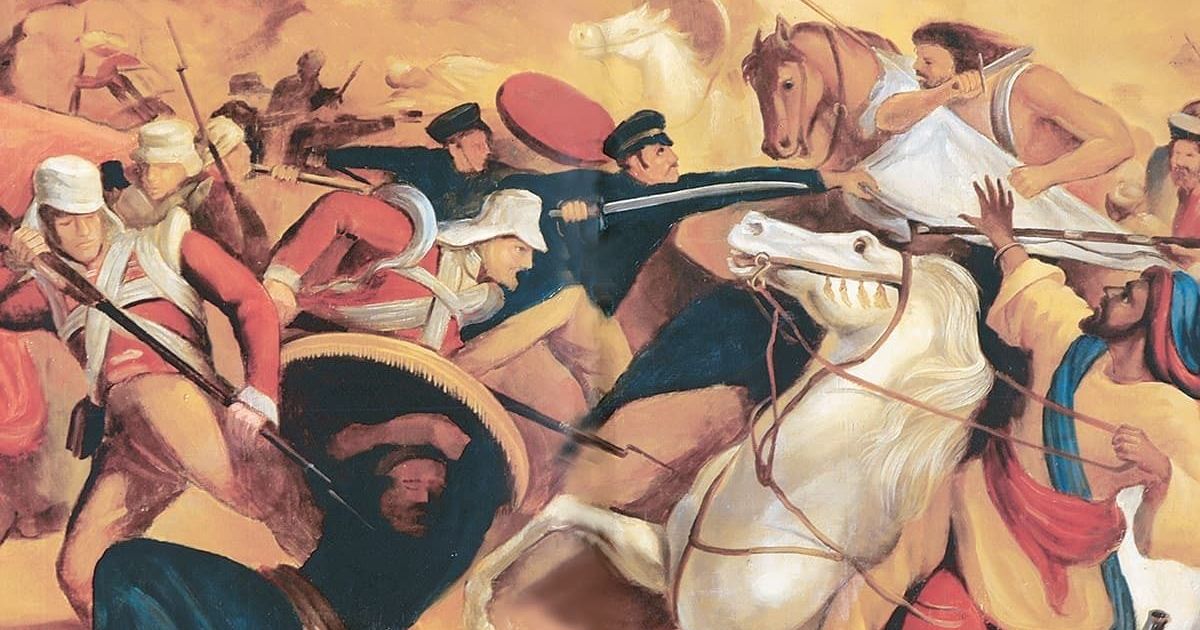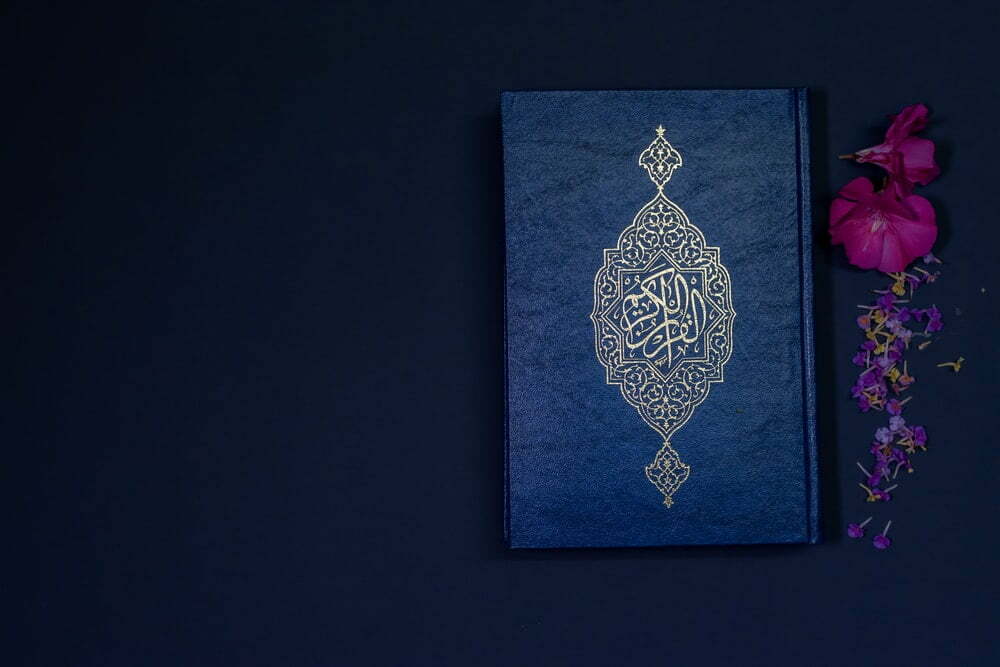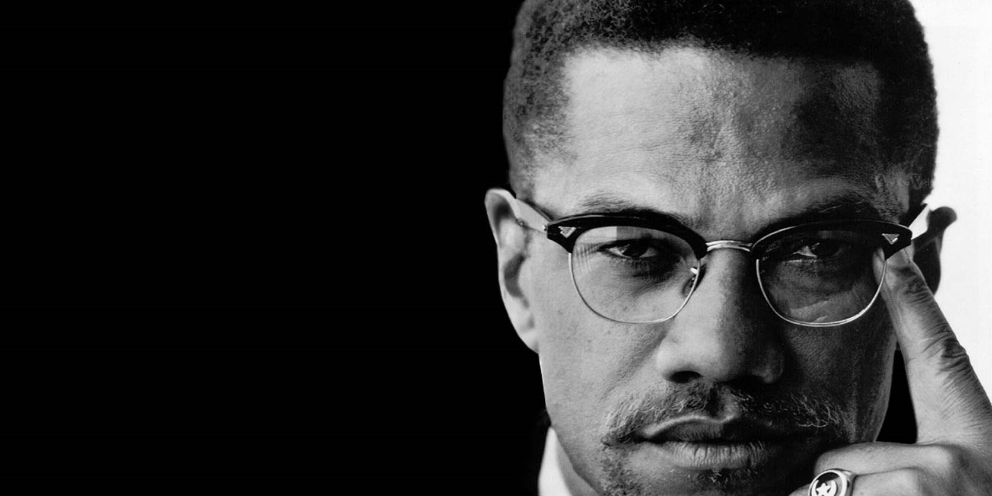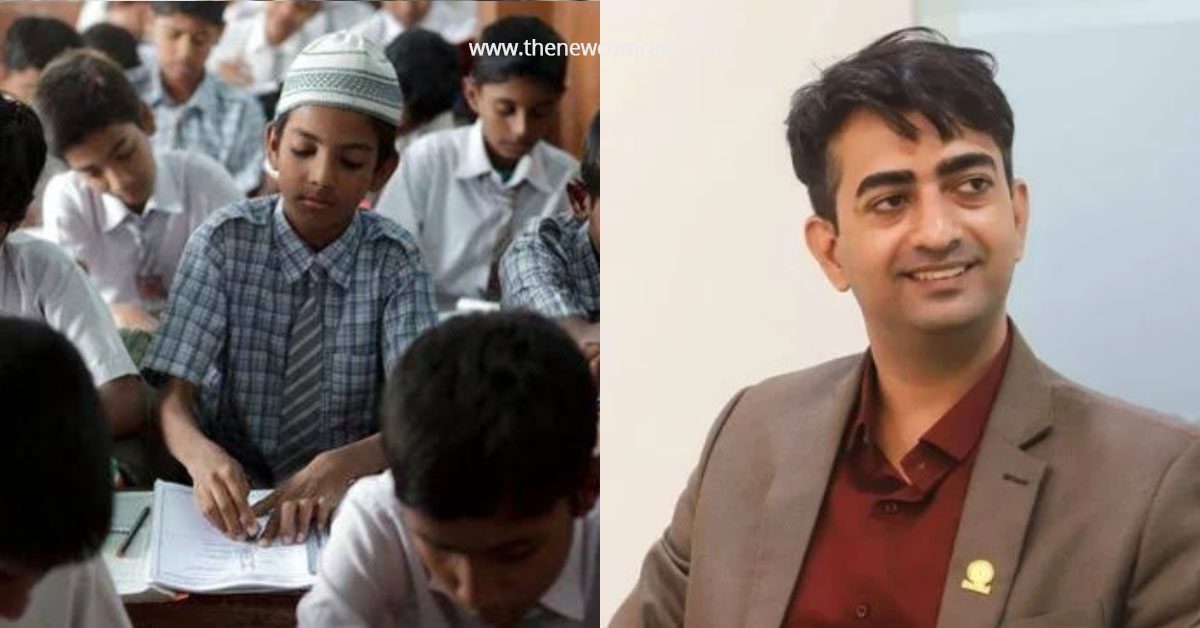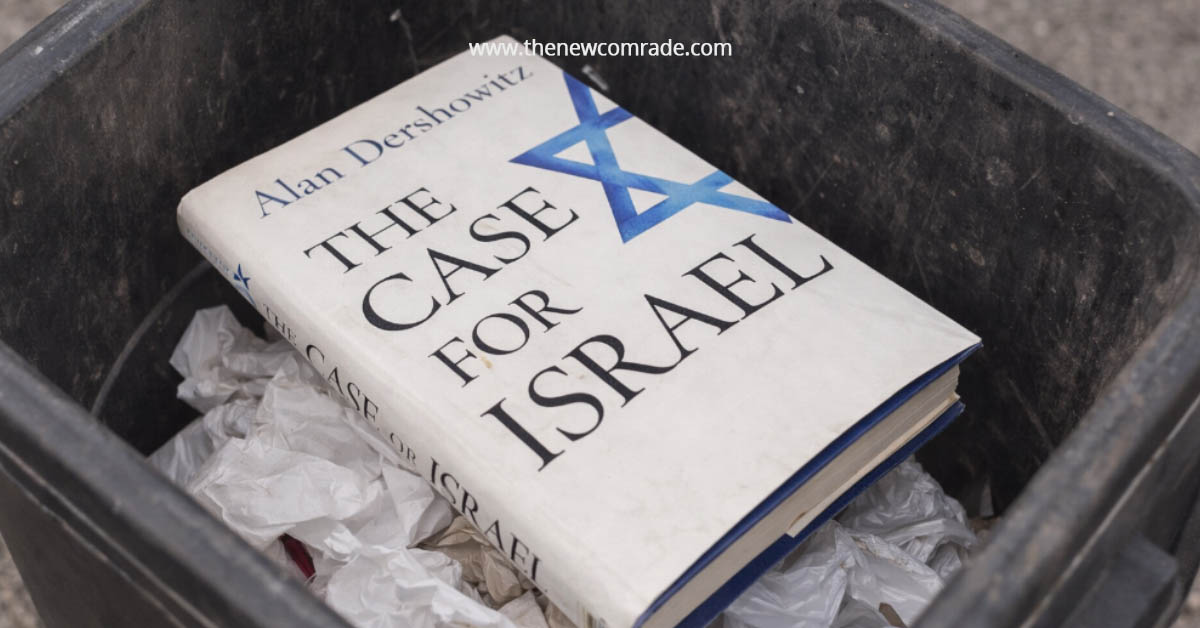This article is the third part of the series “Malcolm X: Between Blackness and Islam”. Find the previous part here
As we will see later in this chapter, Malcolm’s criticism on the immigrant Muslim was centered on his argument that these “white” and “Uncle Tom” Muslims were mute spectators to the plight of Black Americans. Malcolm criticized them and also readily defended Elijah Muhammad’s position by declaring that Elijah “has hundreds of thousands of his fellow ex-slaves turning eastward toward Mecca five times daily giving praises to the great God Allah”.1 “Of course, this claim was an exaggeration, if not an outright falsehood,” says Curtis. 2 Though Elijah Muhammad had encouraged his followers to perform prayers, only a few performed the daily prescribed Islamic prayer. 3 But, what is relevant here is that Malcolm had to mention one of the five pillars of Islam to defend the legitimacy of the Islam he represented.
Among the principal opposers of Elijah Muhammad and the Nation of Islam, were a group of students who religiously attended Malcolm’s college lectures and questioned him passionately. Malcolm, never to shy away from debates, obliged by giving them a lending ear. Among them, an immigrant from Dartmouth, Ahmed Osman, with whom Malcolm would collaborate after his split from the Nation, took the effort to visit Temple No. 7 and debate Malcolm. This encounter was to leave a mark on Malcolm. He sought from Osman more literature on the subject. 4 Another encounter that was to be a turning point was with a group of Arab students of UCLA who questioned the un-Islamic labeling of white people as devils. 5
The year 1963 is important in analyzing the conflict in Malcolm’s mind. He was still defending the position of Elijah Muhammad- which continued even after his split from the Nation. 6 However, it is obvious that Malcolm had disassociated from some core beliefs maintained by Elijah Muhammad. Malcolm certainly would have mulled over how these changes would affect his position within the organization. He would claim most of what he spoke was originally from Elijah Muhammad. Although his religious and political views were out of step with Elijah Muhammad’s and the Nation’s, he still wanted to be recognized as Elijah’s protege. It wouldn’t be wrong to consider that he wished the Nation to change as he had. He has often voiced this desire even after his split from the Nation.

There were hints of his transition. In a Washington D.C. Radio program talk, he says, “When you are a Muslim, you don’t look at the colour of a man’s skin . . . you look at the man and judge him according to his conscious behavior.” Malcolm in the speech also asserts that this custom is what the Muslims across the world practice and what the Black Muslims in America should do too. 7 “[M]any people in this country think we are against the white man because he is white . . . [but] we are against the white man because of what he has done to the black man.” 8
Malcolm was also troubled by the Nation’s reluctance in participating in political activism. It was not in Malcolm’s nature to sit by while his people suffered, he believed in immediate action – by any means necessary. The amount of radical work he carried out within two years of his separation from the Nation is proof of his belief in action.
In 1963 Elijah forbade the Nation’s members from participating and supporting the Washington March for Jobs and Freedom. Malcolm however, informs the members of Mosque no. 7 they have Elijah’s permission to attend. 9 Zain Abdullah remarks, “In fact, there was no way if, at all possible, Malcolm would miss it”.10 Even though Malcolm wasn’t in full agreement with the idea of the March, he really wanted to be part of it because, “Whatever black folks do, maybe I don’t agree with it, but I’m going to be there, brother, cause that’s where I belong”.11
During this period, Malcolm also questions Elijah Muhammad’s moral standing and his many illicit affairs including with his secretaries (Elijah Muhammad’s son Wallace D. Muhammad later confirms these rumors). Malcolm’s comments on President Kennedy’s death brings him a 90-day suspension as Elijah had forbade his ministers from commenting on Kennedy’s assassination. The chasm separating Malcolm and Elijah Muhammad grows wider and wider. Even during this time, Malcolm has not hidden his desire to be back in the Nation’s fold. However, to his disappointment, he was to realize late that the decision to banish him from the Nation was already taken in the echelons of power. On March 8, 1964, Malcolm’s departure from the Nation is officially declared, and just after four days, on March 12 Malcolm establishes Muslim Mosque, Inc. (MMI). During the early stages of the group’s establishment, even as Malcolm was setting MMI’s course it was anticipated that this fledging organization would provide Malcolm with new horizons to explore Sunni Islam, free from the clutches of the Nation.
Even before his official separation and during his suspension from the Nation, Malcolm used to attend Jumua ( Friday prayers) at the Islamic Cultural Centre’s Sunni mosque in Manhattan13. After prayers, Malcolm found time to discuss Islam with Dr. Mahmoud Youssef Shawarbi, 14 with whom he has had previous conversations. Ahmed Osman is also part of these discussions. After freeing from the Nation, Malcolm finds himself interestingly engaging with the instructions on the pillars of traditional Islam.
Shawarbi and other Muslim friends also impress Malcolm to take the hajj.
To be continued…
References
- Malcolm X, Malcolm X: Speeches at Harvard, ed. Archie Epps (New York: Paragon, 1991), 118–125.
- Curtis, Islam and Black America, 89.
- Ibid.
- When Malcolm countered Osman’ s claim that whites are not devils with his version of the qur’anic verse 20; 102, Osman answered and Les Payne quotes him from an interview: “I said, ‘No, brother. This is a misinterpretation.’ Les Payne adds on this encounter: “The crowd of five hundred, Osman said, was amazed that a young stranger had challenged Malcolm on his home ground, and that Malcolm let him speak openly even though he denied the “white devil” tenet that seemed to be one of Malcolm’s core beliefs. So, he invited us for dinner.” On this encounter see, Payne, 339
- See DeCaro, On the Side of My People, 159–60, 201–2; and Curtis, Islam and Black America, 89.
- For instance, eleven days after his public declaration of his split from the Nation, Malcolm would say in an interview: “I am a follower of the Honorable Elijah Muhammad. I believe in the Honorable Elijah Muhammad. The only reason I am in the Muslim Mosque Inc. is because I feel I can better expedite his program by being free of the restraint and other obstacles I encountered in the Nation”. See Malcolm X, By Any Means Necessary. New York: Pathfinder, 1992a. See also Abdullah, Zain. “Malcolm X, Islam, and the Black Self.” Malcolm X’s Michigan Worldview: An Exemplar for Contemporary Black Studies, edited by Rita Kiki Edozie and Curtis Stokes, (Michigan State University Press, East Lansing, 2015), 212.
- Curtis, Islam and Black America, 89.
- See DeCaro, On the Side of My People, 162; and FBI file 100–399321, sec. 9, 5/23/63, in Carson, Malcolm X: The FBI File, 237.
- Marable, Malcolm X, 256.
- Abdullah, Zain, 212.
- Carson, Malcolm X: The FBI File, 69.
- Malcolm was reported saying: “Being an old farm boy myself, chickens coming home to roost never did make me sad; they’ve always made me glad”. See “Malcolm Scores U.S. and Kennedy,” New York Times, December2, 1963, p. 21.
- Payne, 438.
- Curtis adds on Shawarbi: “Dr. Mahmoud Youssef Shawarbi was a University of Cairo professor in the United States on a Fulbright grant to teach at Fordham University. Malcolm knew of Shawarbi through the numerous immigrant and foreign Muslims, especially Muslim students, who had accosted him during his various lectures and appearances before the media.” Curtis, Islam and Black America, 91. Malcolm adds in the autobiography “Those orthodox Muslims whom I had met, one after another, had urged me to meet and talk with a Dr. Mahmoud Youssef Shawarbi”. See Malcolm X, The Autobiography, 318.
